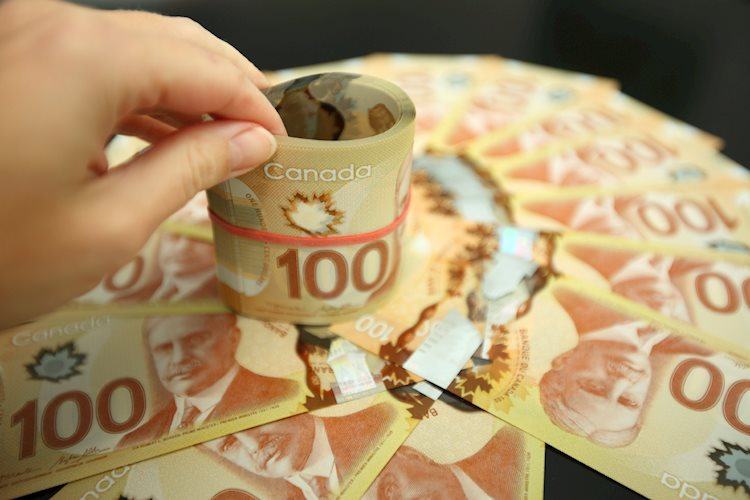The EUR/CAD cross trading around 1.5130 during the European session on Wednesday saw a halt in its gains as the Canadian Dollar (CAD) strengthened against its peers despite soft inflation data. Canada’s Consumer Price Index (CPI) eased to 2.5% year-on-year in July, down from 2.7% in the previous month, marking the slowest increase since March 2021. The BoC Consumer Price Index Core also fell to 1.7% YoY, reinforcing dovish expectations for the Bank of Canada.
The decline in crude oil prices did not deter the CAD from holding its ground, as Canada is the largest oil exporter to the US. West Texas Intermediate (WTI) oil price extended its losing streak for the fourth successive session, trading around $73.00 per barrel amid hopes for a ceasefire in the Middle East. US Secretary of State Antony Blinken’s efforts to facilitate a ceasefire in Gaza raised hopes for a US “bridging proposal” that could narrow the gaps between the conflicting parties.
Traders expect the European Central Bank (ECB) to gradually lower interest rates, supporting the EUR/CAD cross. However, ECB officials have been cautious about committing to a specific rate-cut schedule due to concerns that inflationary pressures might increase. Looking ahead, traders will monitor Purchasing Managers Index (PMI) data from the Eurozone and Germany scheduled for release on Thursday, with the Eurozone HCOB Composite PMI expected to report a 50.1 reading.
The Euro is the currency for the 20 European Union countries in the Eurozone and is the second most heavily traded currency in the world. In 2022, the Euro accounted for 31% of all foreign exchange transactions, with an average daily turnover of over $2.2 trillion. The European Central Bank (ECB) in Frankfurt, Germany, is responsible for setting interest rates and managing monetary policy. The ECB aims to maintain price stability through controlling inflation or stimulating growth.
Eurozone inflation data, measured by the Harmonized Index of Consumer Prices (HICP), is crucial for the Euro. Higher-than-expected inflation may prompt the ECB to raise interest rates, benefiting the Euro. Economic indicators such as GDP, Manufacturing and Services PMIs, employment, and consumer sentiment surveys can influence the direction of the Euro. A strong economy attracts foreign investment and may lead to ECB interest rate hikes, strengthening the Euro.
The Trade Balance is another important indicator for the Euro, measuring the difference between a country’s exports and imports. A positive trade balance strengthens a currency, while a negative balance weakens it. Economically significant countries in the Eurozone, such as Germany, France, Italy, and Spain, play a vital role in the overall health of the Eurozone economy. Overall, economic data releases and trade balance figures can impact the value of the Euro in the global foreign exchange market.


























